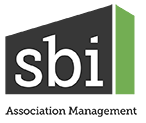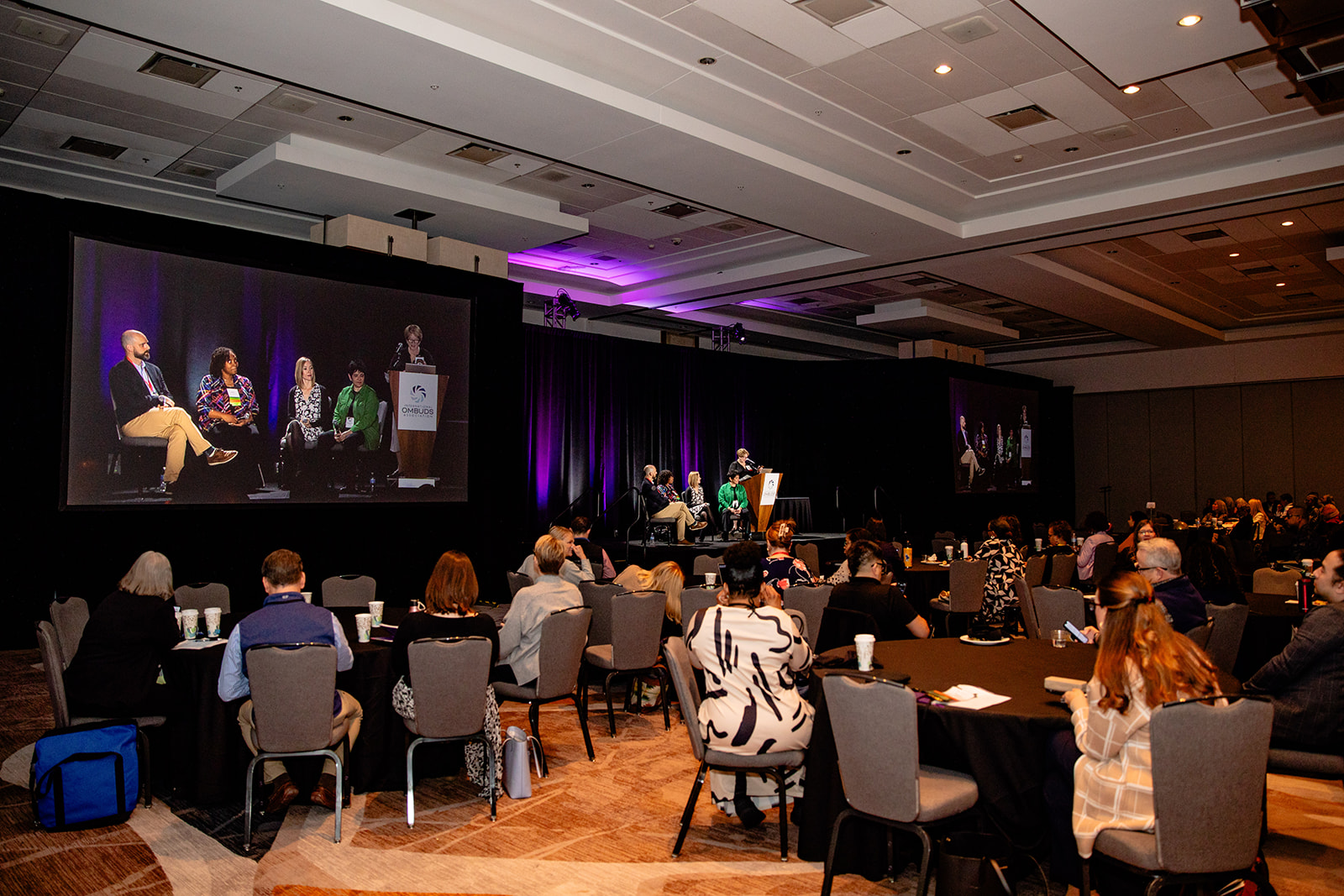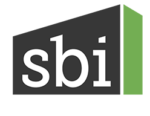In recent years, the call for diversity, equity, and inclusion (DEI) in all facets of society has grown increasingly important. This call extends to the realm of conference planning, where creating spaces that are welcoming and accessible to all participants is paramount. Whether you’re organizing a large-scale industry conference or a smaller professional gathering, integrating DEI principles into your planning process is not just a good business practice but also a strategic one for fostering innovation and collaboration.
To assist conference organizers, we’ve compiled a comprehensive DEI checklist covering various stages of event planning, from initial conceptualization to post-event feedback. Each section is designed to help committees understand how to infuse DEI principles into every aspect of your conference planning:
Getting Started
- Establish DEI Checklist with Your Association Leadership and Planning Committee: Ensure that DEI considerations are integrated into the core conference planning process from the outset.
- Budget Considerations: Allocate resources for accessible registration pricing options, scholarships, accessibility accommodations, and inclusive catering options to ensure that all attendees can fully participate in the event.
Conference Pre-Planning
- Event Date Selection: Avoid scheduling events on religious or cultural observance days and consider regional holidays to accommodate diverse backgrounds.
- Venue Accessibility: Select venues that cater to accessibility needs and provide amenities, such as all-gender restrooms and designated quiet spaces.
- Scholarships and Virtual Access: Offer scholarships and virtual attendance options, such as recordings, to help alleviate financial and geographical barriers for participation.
- Legal Considerations: Research local laws and regulations related to DEI, including LGBTQ+ rights, to ensure a safe and inclusive environment for attendees.
Speakers & Moderators
- Inclusive Invitations: Include language in speaker invitations that explicitly address DEI issues to gauge comfort levels and alignment with conference goals.
- Avoid “Manels”: Ensure diversity among panelists to represent a range of perspectives and avoid all-male panels, which can perpetuate gender biases.
- Collect Demographic Information: Request relevant demographic information from speakers to track diversity metrics and ensure representation across various dimensions.
- Moderator Preparation: Equip moderators with panelist identification information and DEI-related questions to facilitate inclusive discussions.
- Presenter Preparation: Require all speakers to follow accessibility best practices in presentations such as large font sizes, high contrast font colors, captions on all videos, and catering to diverse learning styles.
- Audience Engagement: Offer multiple options for soliciting questions from the audience to ensure diverse perspectives are heard, such as polling phone apps.
Conference Registration & Marketing
- Inclusive Language and Visuals: Use inclusive language and imagery in conference marketing materials to reflect the diversity of your target audience.
- Dietary Restrictions and Accessibility Needs: Include questions about dietary restrictions and accessibility needs in the registration form to accommodate diverse requirements.
Event Code of Conduct & Managing Behavior Concerns
- Establish Policies: Implement a Code of Conduct for all participants and develop procedures for addressing violations and managing complaints.
- Conference Ombuds: Consider appointing a Conference Ombuds to provide confidential support and mediation for attendees during the event.
Accessibility Onsite
- Assistive Services: Provide sign language interpreters, closed captions on all videos, and assistive devices as needed to ensure full participation for all conference attendees.
- Diverse Dietary Options: Offer a variety of dietary options, including kosher, halal, vegetarian, vegan, and gluten-free. Ensure all meal choices are clearly labeled for easy identification.
- Accessible Conference Facilities: Ensure that all event spaces are physically accessible and provide clear signage for attendees with disabilities.
Post-Event
- Feedback Survey: Send out a post-event survey to gather feedback on inclusion and accessibility, allowing conference participants to rate their experience and suggest improvements.
By incorporating these DEI considerations into your conference planning process, you can create an environment where all attendees feel valued, respected, and empowered to contribute. Embracing diversity, equity, and inclusion in conference planning isn’t just a checkbox—it’s a commitment to fostering meaningful connections and driving positive change in your industry or community.
At SBI we strive to make every conference a beacon of inclusivity and innovation. Our team is committed to reaching the DEI goals of your association at your next conference or professional event. Contact us to learn more about our conference and event planning services.




